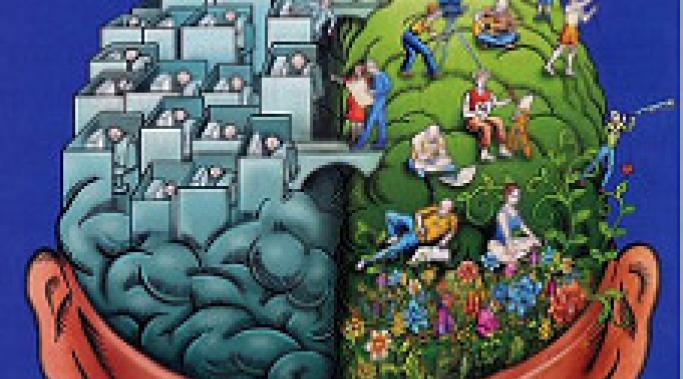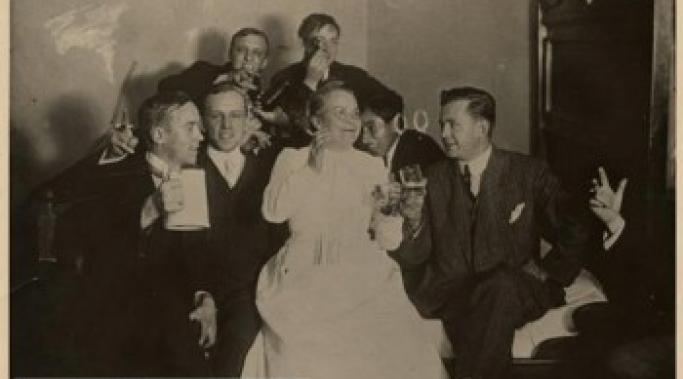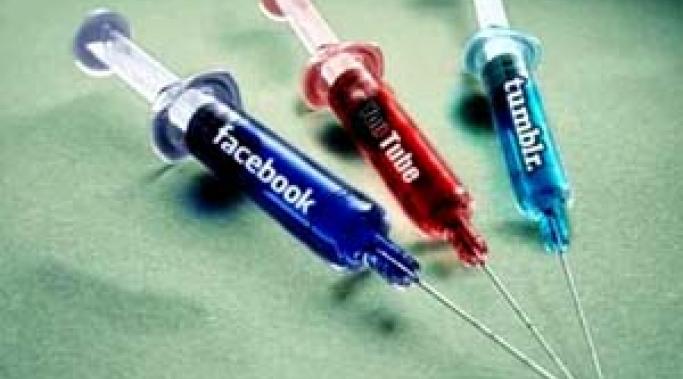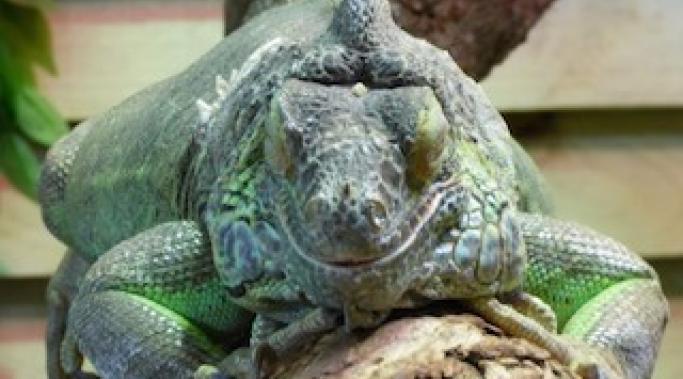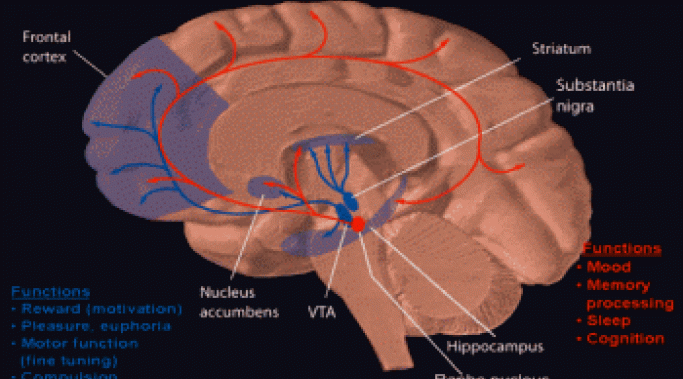Some teetotalers abstain from alcohol because the have a family history of alcoholism. Gillian Jacobs, Hal Sparks, and Joe Biden are a few famous names that attribute their sobriety to teetotaling because of a family history of alcoholism.
Addiction Causes
Whether alcohol addiction is innate or a learned condition, it is stigmatized as affecting only "bad" people (The Stigma of Addiction). In reality, substance abuse and alcohol addiction is pervasive, affecting people of all ages, races, genders, and socioeconomic stature. How is this possible? Some believe the condition of alcohol addiction exists from birth whereas others disagree, feeling that it is developed over time. Personally, I know that I was an alcoholic long before I ever took my first drink (take the Alcoholism Test). I know where I fall in the big debate over alcohol addiction as an innate vs. a learned condition.
Despite its health risks, hookah smoking is growing in popularity across the United States and many other countries (Treatment For Nicotine Addiction). Hookah smokers, and the general public, often believe that the practice is virtually harmless, but both the Center for Disease Control (CDC) and the Mayo Clinic state that hookah smoking has several health risks and is not safer than cigarette smoking.
Over-prescription of opioid painkillers is contributing to America's increasing abuse of opiate prescription drugs and heroin. A 2013 report by the U.S. Center for Disease Control and Prevention (CDC) and U.S. Food and Drug Administration (FDA)1 found that people who abuse or are dependent on prescription opioid painkillers are 40 times more likely to abuse or be dependent on heroin. So what can we do about opioid painkiller over-prescription?
Loneliness and addiction often coincide, creating the illusion for most addicts that no one shares their pain. In fact, loneliness is actually one of the common threads that unites addicts in recovery. After discussing how sad and lonely I felt while drinking, I bonded with more people in recovery from addictions than any other time. Overcoming loneliness in addiction is possible.
Alcoholism in the military is a big problem. Ask any man or woman who serves in a branch of our armed forces, and they will affirm that there is a drinking culture in the military with high expectations. No matter what your position, title, or unit, it seems that most of the military lifestyle revolves around alcohol. While the military didn't directly cause my alcoholism, the lifestyle and drinking culture of the service didn't protect me from it either.
When I arrived as a freshman on the campus of an Ivy League university, I was shocked by the amount of binge drinking and casual sexual encounters I saw on campus. Within the first week, I witnessed one of my dorm mates lying on the floor, muttering incoherently and slowly vomiting brown ooze.
Have you heard of social media addiction? In droves, we engage on social media with selfies, Likes, follows, and shares. These are actions that positively re-enforce the idea that social media tools provide us with good feelings. Like any pleasure-seeking activity, social media tools are addictive. With our society’s dramatic shift toward interacting over the internet and social media tools, it is easier than ever to develop an addiction to social media. Just recently, a man was treated for an addiction to Google Glass™.
In addiction treatment, one of the concepts that gets tossed around a lot is that of the "lizard" or "reptilian" brain. It comes from the triune brain model set forth in the 1960s by American neuroscientist Paul MacLean. According to this model, human brains comprise the most advanced product (thus far) in mammalian evolution, sharing some properties with our evolutionary ancestors. We have essentially three parts:
The reptilian complex (basal ganglia)
The paleomammalian complex (limbic system)
The neomammalian complex (neocortex)
As it relates to addiction, the idea is that addicts are engaged in a struggle between their reasoning (neocortex) on the one hand and their instinctual, compulsive reptilian brain on the other.
An old saying, often dubiously attributed to Martin Luther, warns: "Who loves not wine, women and song/remains a fool his whole life long." The phrase has hedonistic implications (which is why I find the Luther attribution puzzling) and its modern equivalent is "sex, drugs and rock-and-roll." Whether it really was Luther who said it, or whether it was Johann Heinrich Voss, as Bartlett's Familiar Quotations has it, the hendiatris is an old one.
Even if Bartlett made it up himself, it would still date to at least 1855. That means that for a long, long time, people have lumped substances, sex and music into the same category of mood-altering temptations. Reflecting on this fact made me wonder, is there a difference between addiction to mind-altering substances and mind-altering behaviors or experiences?

